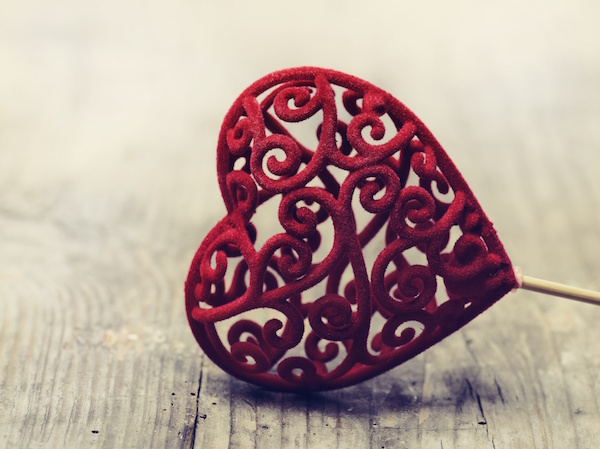WEDNESDAY, March 2, 2016 (HealthDay News) — A popular “app” that uses your smartphone to check your blood pressure is inaccurate, missing high blood pressure readings in four out of every five patients tested, researchers report.
Instant Blood Pressure promises to provide an estimated blood pressure reading if users place their smartphone on the left side of their chest while placing their index finger on the phone’s camera, said lead researcher Dr. Timothy Plante, an internist with Johns Hopkins University School of Medicine in Baltimore.
But close to 80 percent of people with clinically high blood pressure, defined as 140/90, showed normal blood pressure with the app, his team found.
“If someone with high blood pressure is using Instant Blood Pressure to follow their blood pressure at home, more times than not it’s going to tell them they’re fine,” Plante said.
The $4.99 app is no longer for sale on the iPhone App Store or Google Play, Plante said. However, several copy-cat apps are still available, he and his colleagues noted.
Between its release in June 2014 and its removal in July 2015, the app spent 156 days as one of the 50 best-selling iPhone apps, with at least 950 copies sold each of these days, the study authors said.
“It outsold Angry Birds on a few of those days,” Plante said. “This (was) a big seller.”
Untreated high blood pressure can lead to heart disease, stroke, kidney damage and a wide array of other health problems, Plante said.
Because of these potential harms, “we thought someone really needs to validate this,” Plante said.
The researchers recruited 85 adult volunteers in Johns Hopkins clinics, and twice measured their blood pressure using the Instant Blood Pressure app and a standard inflatable blood pressure cuff.
The investigators found that, on average, the app was 12 points off for systolic, the top number in a blood pressure reading, and 10 points off for diastolic, the bottom number. Systolic represents pressure when the heart is beating, and diastolic the pressure between beats.
Those results are “not good enough,” said American Heart Association past president Dr. Clyde Yancy.
“We understand that when we’re measuring blood pressure, the numbers do matter, and we can’t be off by plus or minus 5 or plus or minus 7,” said Yancy, chief of cardiology at Northwestern University’s Feinberg School of Medicine.
The U.S. Food and Drug Administration in February 2015 issued new guidelines on the regulation of mobile medical apps, months after Instant Blood Pressure went on sale.
In these guidelines, the FDA said it would regulate any app intended to transform a smartphone or tablet into a regulated medical device — such as a blood pressure monitor.
“Instant Blood Pressure probably should have gotten FDA approval before it was released,” had the guidelines been in place, Plante said.
Yancy said doctors have relied on inflatable cuffs to test blood pressure for decades, and he added that a more user-friendly method would be a welcome medical advance.
But the stakes are too high to accept such inaccurate blood pressure readings, given the results of recent clinical trials, Yancy said.
“Based on the results of significant research, we understand that — particularly in high-risk individuals — being able to adequately control blood pressure saves lives,” he said.
The developer of Instant Blood Pressure, a company called AuraLife, did not respond to a request for comment. Neither did Apple or Google.
A warning across the top of the Instant Blood Pressure website says: “Do not rely on Instant Blood Pressure for medical advice or diagnosis. It is not a replacement or substitute for a cuff or other blood pressure monitor.”
The website further states that Instant Blood Pressure is “for recreational use only.”
Those warnings are well and good, but the [study] authors’ concern over misuse of the app is “realistic,” said Dr. Michael Grosso, medical director and chief medical officer of Northwell Health’s Huntington Hospital in Huntington, N.Y.
“The high-tech appearance of the app’s display will mean that all but the most discerning consumers might treat its results as accurate and actionable,” Grosso said.
Plante said he is unsure whether an app like this can be recalled, once it has been downloaded to a person’s computer or smartphone.
“We just need to get the word out, that things like this exist and there’s a potential for harm,” he said.
Results of the study, published online March 2 in JAMA Internal Medicine, were presented Wednesday at a meeting of the American Heart Association in Phoenix.
More information
For more on mobile medical apps, visit the U.S. Food and Drug Administration.
Copyright © 2026 HealthDay. All rights reserved.

